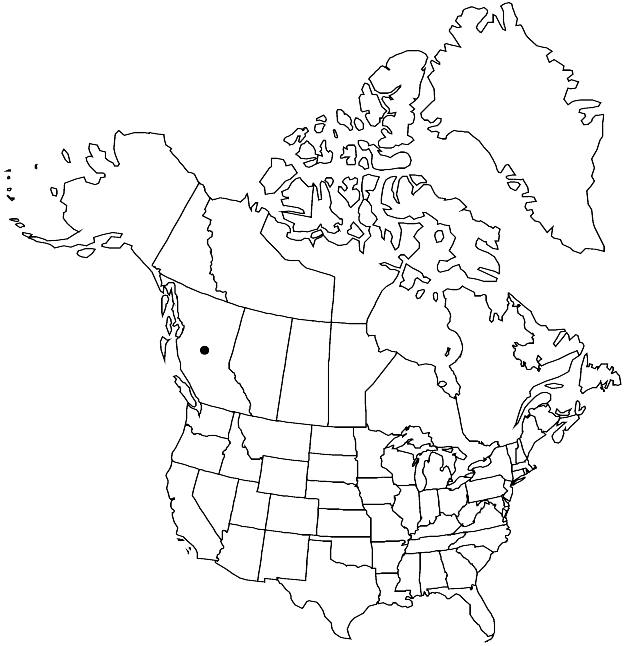Difference between revisions of "Zygodon gracilis"
Edinburgh New Philos. J., n. s. 13: 332. 1861.
FNA>Volume Importer |
imported>Volume Importer |
||
| (One intermediate revision by the same user not shown) | |||
| Line 44: | Line 44: | ||
|publication year=1861 | |publication year=1861 | ||
|special status= | |special status= | ||
| − | |source xml=https:// | + | |source xml=https://bitbucket.org/aafc-mbb/fna-data-curation/src/2e0870ddd59836b60bcf96646a41e87ea5a5943a/coarse_grained_fna_xml/V28/V28_124.xml |
|genus=Zygodon | |genus=Zygodon | ||
|species=Zygodon gracilis | |species=Zygodon gracilis | ||
Latest revision as of 21:34, 5 November 2020
Plants to 5 cm. Stem leaves somewhat contorted and recurved when dry, wide-spreading to squarrose-recurved when moist, lanceolate to oblong-lanceolate, 1.4–2 mm; margins sharply serrate near apex; apex bluntly acute, apiculus absent; costa excurrent or ending obscurely in apex, abaxial surface covered by quadrate papillose cells distally; basal laminal cells elongate- to short-rectangular; distal cells 4–9 µm, papillae 2–4 per cell, walls very thick. Specialized asexual reproduction gemmae absent. Sexual condition dioicous. Sporophytes unknown.
Habitat: Calcareous rock, alpine and subalpine regions
Elevation: high elevations
Distribution

B.C., Central America (Guatemala).
Discussion
Zygodon gracilis is distinguished from other species of the genus in North America by its squarrose-recurved leaves, absence of gemmae, bluntly acute leaf apices, and very thick-walled distal laminal cells.
Selected References
None.